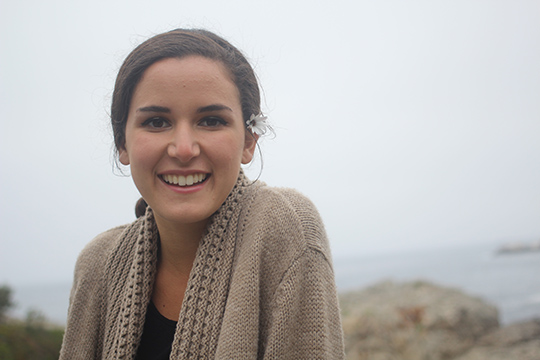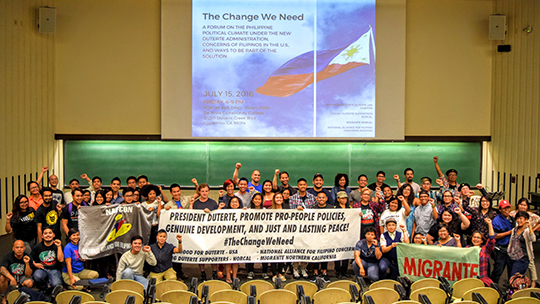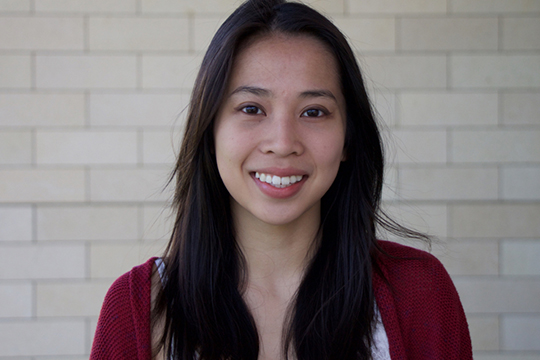Posts published in July, 2017

Words matter
By Marly Carlisle, ’17 (Political Science)
“People are homeless – they’re not ‘homeless people.’” Tod Lipka, the Executive Director of one of the largest homeless service providers in Los Angeles, said this at a panel I moderated titled “Abolishing Homelessness: It’s Not How, It’s When.” He was emphasizing the critical importance of highlighting a person’s humanity when speaking about homelessness. I think about homelessness on a daily basis – I wrote my thesis about it, I teach a course about it, and I serve on the board of directors of a homeless service provider. When discussing the issue of homelessness, it is easier to think about people who are homeless as abstract numbers and statistics, rather than considering their individual humanity. The mindful practice of saying “people who are homeless” instead of “homeless people” reemphasizes the individual experience of homelessness. It reminds me that “they” are “us,” but with different life circumstances. They are our neighbors, our community members, our fellow citizens. Us. I’ve moved away from “the homeless” and “homeless people,” opting for a more personal, human approach when discussing homelessness.

Becoming part of the neighborhood
By Ian Macato, ’19 (Symbolic Systems)
The Filipino Community Center in the Excelsior neighborhood of San Francisco serves to provide a safe space where Filipino families can access services, meet, and hold activities. The Excelsior neighborhood has the second highest population of Filipino/a people in San Francisco, and they are mostly low-income, working class immigrants. As true community members, we organize with partner grassroots organizations striving to fix the root causes of unemployment, unaffordable housing, and poverty in the neighborhood and in the Philippines. The center’s purpose is ordinary, helping community members to access government services and benefits. But serving as an intern at the FCC means to become a part of the Excelsior neighborhood and immerse oneself in the stories, experiences, and lives of the community members we serve. Through learning how to serve our kababayans (the Tagalog word for fellow compatriots), by helping them to get their much deserved government benefits, we also become their friends, counselors, and community members. We take part in their story and empathize with their struggle, knowing ours is interconnected.

Living sustainably
By Thazin, ’15 (Electrical Engineering), MS ’16 (Sustainable Design and Construction)
Starting the day off with a nice morning jog, I arrive early at the Union of Concerned Scientists’ (UCS) headquarters in Cambridge, Massachusetts. After I’m done with a quick shower, more UCSers trickle in, many of whom took the subway or bus or biked over from various parts of the Greater Boston Area. For these clean energy warriors, the commitment to a sustainable planet starts even before the official work day begins.
As a Schneider Fellow, I had my own humble part to play at UCS. With the Climate and Energy team, I wrote reports on how community solar works and how the business models for electric utilities are evolving. While these topics may seem unrelated, they are both important pieces for enabling greater penetration of renewable energy from the different sides of the electricity meter.
The crucial lesson I learned that summer, however, was how those at UCS modeled hard work and integrity.
From informing the public with editorials to advocating for policy changes based on facts and rigorous analyses, every member of UCS worked relentlessly to fight for a healthier, safer world. As I enter the solar industry post-graduation, I will continue to do the same!
Schneider Fellows work at leading U.S. nongovernmental organizations (NGOs) to tackle today’s sustainable energy challenges.
